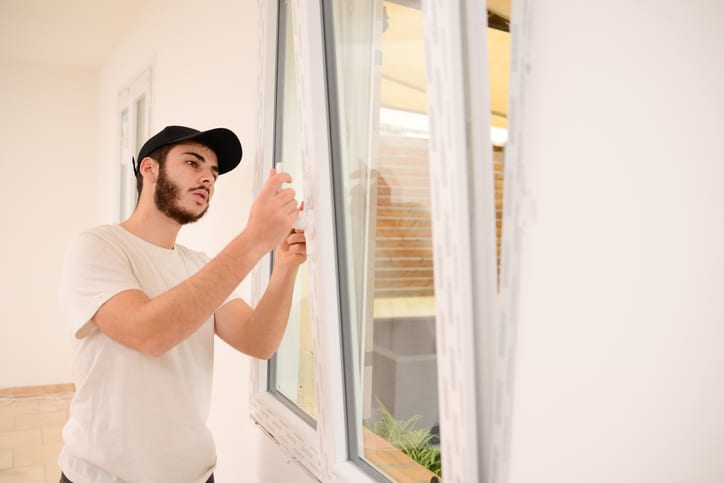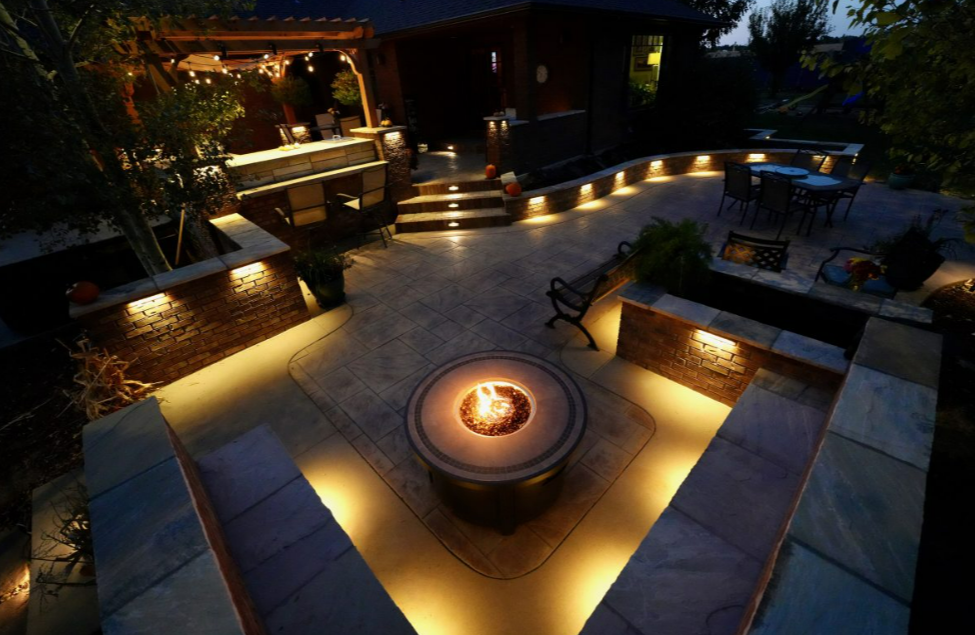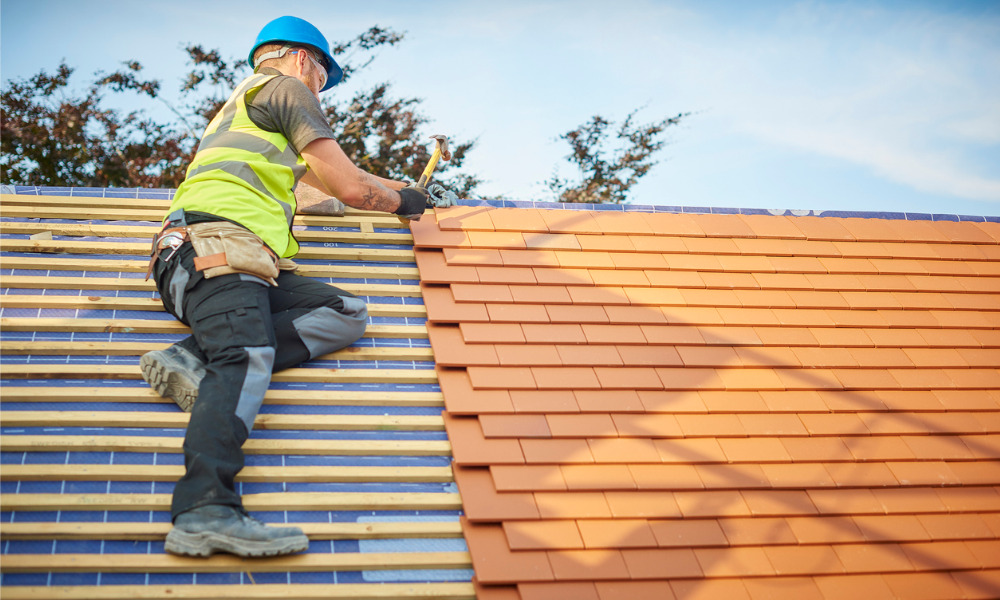Windows are more than just a way to let light into a home; they are a vital design feature that influences a house’s overall look and feel. Custom windows, in particular, provide homeowners the freedom to craft windows that perfectly suit their architectural style, preferences, and functional needs. Whether you’re renovating your existing home or building a new one, designing the right custom windows can significantly enhance both aesthetic appeal and energy efficiency.
In this comprehensive guide, discover how to design the perfect custom windows for your home while balancing form, function, and quality.
Why Custom Windows Matter
Choosing custom windows over standard windows can significantly elevate the style and functionality of any home. Customization allows homeowners to select shapes, materials, finishes, and features tailored to the specific needs of their space. Whether you’re seeking improved insulation, unique design elements, or windows that fit non-standard sizes, custom options provide unmatched flexibility.
But why should you invest in custom windows when pre-fabricated options are readily available? Let’s dive into some core benefits:
- Perfect Fit: Custom windows are crafted to fit the exact dimensions of your space, eliminating gaps that could affect insulation and energy efficiency.
- Personalized Design: You can choose from an array of styles, shapes, and finishes, ensuring the windows complement the overall design of your home.
- Energy Efficiency: Modern custom windows often incorporate energy-efficient technologies, including multi-pane glass and specialized coatings, reducing energy bills and maintaining interior comfort.
- Enhanced Property Value: High-quality, tailored windows can increase the resale value of your home due to their lasting durability and distinctive design.
- Unique Architectural Features: Custom designs can create unique architectural elements that are impossible with stock windows, offering a personal touch to your home.
Key Considerations for Custom Windows Design
When designing custom windows for your home, there are several critical aspects to consider. These factors will help you create windows that not only look great but also serve your home’s practical needs.
- Material Selection
The materials you choose for your custom windows play a major role in their performance, appearance, and durability. Here’s a quick look at some of the most common materials and their features:
- Vinyl: Vinyl windows are popular for their affordability, low maintenance, and energy efficiency. They are resistant to weathering and don’t require painting, making them ideal for homeowners seeking a durable, cost-effective solution. However, they might not provide the level of customization or traditional aesthetic that wood offers.
- Wood: Wood windows bring timeless elegance and can be crafted in various styles and finishes. They’re excellent for traditional or historic homes where authenticity is a priority. However, wood requires more maintenance and can be prone to warping and rot if not properly cared for.
- Aluminum: Lightweight, sleek, and modern, aluminum windows are perfect for contemporary homes. They’re highly durable and can support large glass panes, but they tend to be less energy-efficient than wood or vinyl.
- Fiberglass: Strong and energy-efficient, fiberglass windows can mimic the appearance of wood without the maintenance challenges. They’re a high-end choice, offering excellent insulation and durability.
- Window Style and Design
Custom windows offer endless possibilities when it comes to design. Depending on the architectural style of your home and your taste, you can select from various window styles, including:
- Double-Hung Windows: These classic windows allow both the top and bottom sashes to open, providing excellent ventilation and traditional charm.
- Casement Windows: Casement windows swing open like a door, providing an unobstructed view and excellent airflow. They’re ideal for modern and minimalist homes.
- Bay and Bow Windows: These windows extend outward from the house, creating additional interior space and offering panoramic views. They’re perfect for living rooms or dining areas that require an elegant focal point.
- Picture Windows are large, fixed windows that frame beautiful outdoor views and allow maximum natural light to enter the home. While they don’t open, they’re excellent for energy efficiency and create a striking visual impact.
- Awning Windows: Hinged at the top, awning windows open outward from the bottom, allowing for ventilation even during rain. They work well in bathrooms and kitchens.
When designing your custom windows, think about how each style complements your home’s architecture. For instance, bay windows might suit Victorian or colonial homes, while casement windows are perfect for a modern or industrial aesthetic.
- Energy Efficiency
Energy-efficient windows are more than just a trend; they’re an essential component of modern home design. Properly insulated windows can help reduce heating and cooling costs while enhancing comfort. When selecting energy-efficient custom windows, consider features like:
- Low-E Glass: Low-emissivity (Low-E) glass is coated to reflect heat, keeping your home warmer in winter and cooler in summer.
- Multi-Pane Glass: Double or triple-pane windows trap air between the panes, acting as an insulative barrier that prevents energy loss.
- Gas Fills: Some windows are filled with inert gases like argon or krypton, which help reduce heat transfer between the inside and outside of your home.
- Proper Installation: Even the best windows won’t perform efficiently if they’re not installed correctly. Professional window installation is crucial for ensuring the windows are properly sealed and insulated, preventing drafts and leaks.
- Functionality and Operation
While appearance and energy efficiency are crucial, don’t overlook the practical aspects of window functionality. Consider the following operational elements when designing your custom windows:
- Ease of Operation: Ensure that the windows you choose can open and close easily, especially if you plan to place them in hard-to-reach areas.
- Security: Some window styles offer enhanced security features, such as multi-point locking systems and reinforced glass.
- Ventilation: Think about how much ventilation you need in each room. For example, kitchens and bathrooms may require windows that open fully to allow for proper airflow.
- Maintenance: Consider how easy it will be to clean and maintain your custom windows. Tilt-in sashes, for example, make cleaning the exterior of double-hung windows simple, while certain finishes can resist dirt and water stains.
Integrating Custom Windows with Your Home’s Style
The beauty of custom windows lies in their ability to blend seamlessly with your home’s architectural design while enhancing curb appeal. Here are some ways you can ensure your windows complement the overall aesthetic of your home:
- Modern Homes: For modern homes, consider sleek, minimalistic window designs with clean lines. Casement and picture windows with narrow frames work well to create a streamlined look that maximizes natural light.
- Traditional Homes: Double-hung or sash windows, with grilles or divided lites, are excellent for colonial or traditional homes. Wood frames painted in classic colors can also enhance a more timeless appearance.
- Rustic and Farmhouse Designs: If you have a rustic or farmhouse-style home, large picture windows paired with sliding or casement windows can offer a balance between modern and traditional elements. Wood or wood-clad frames provide a cozy, natural look that complements rustic interiors.
The Role of Professional Installation
No matter how beautifully designed your windows are, proper installation is key to maximizing their performance and longevity. Professional windows installation ensures that your custom windows are fitted precisely to avoid drafts, leaks, and operational issues.
Hiring a skilled contractor to install your windows guarantees a perfect fit and ensures that the windows are properly sealed, insulated, and aligned. Poor installation can lead to problems such as air leaks, condensation, and premature wear and tear.
Conclusion
Designing the perfect custom windows for your home requires thoughtful consideration of various factors, including materials, style, energy efficiency, and functionality. With the right choices, you can enhance your home’s aesthetic, improve comfort, and increase property value. Whether you’re drawn to the durability of vinyl windows or the timeless appeal of wood, the key is to choose windows that align with both your home’s architecture and your lifestyle needs.
By carefully planning your custom window design and ensuring expert installation, you can enjoy windows that are not only beautiful but also built to last, contributing to a more energy-efficient and comfortable living space.




